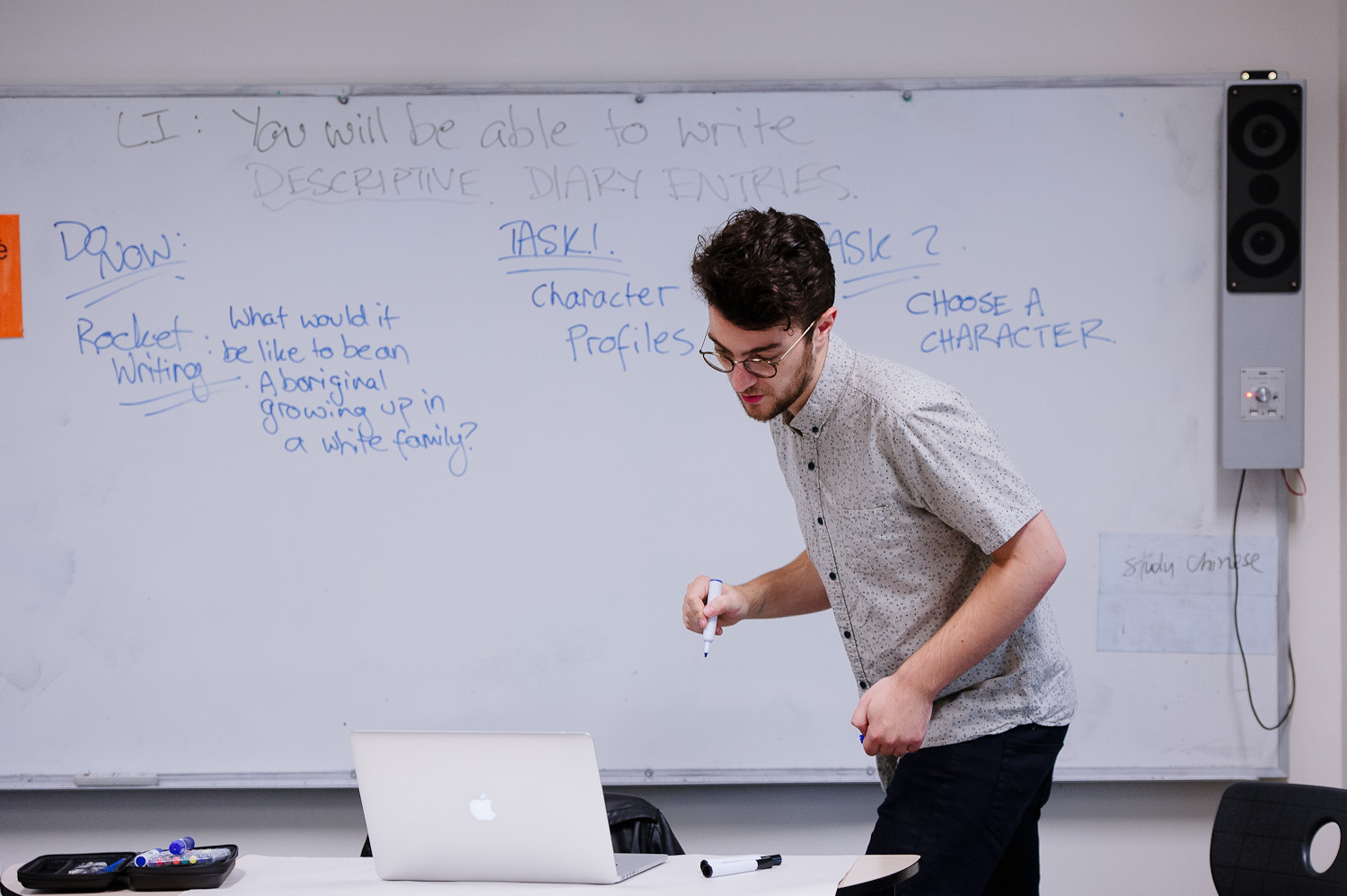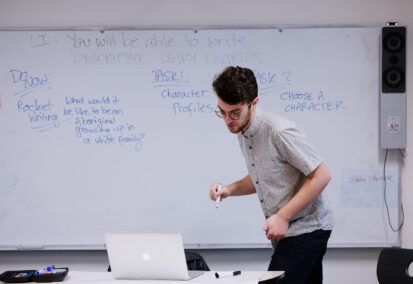A leading Australian university professor recently shared with me his delight that his academically gifted daughter had chosen to begin a teaching degree. The professor was from a hardscrabble part of the United Kingdom and credited his teachers with changing his life trajectory and setting him up for success in his career.
While the professor believed there to be no nobler path than teaching, his daughter had grown exasperated by a barrage of well-meaning attempts to have her reconsider her choice in light of her high ATAR score. Astonishingly, some of these attempts to dissuade her from teaching came from within the Education faculty of her chosen university.
This university student’s experience is all too illustrative of Australia’s perceptions of the teaching profession. Sadly, few teachers feel that teaching is valued by society. We want our students to be taught by great teachers, but we don’t want our great students to be teachers. Instead we push our most talented students toward medicine, engineering, law and banking.

This needs to change if Australia is to counteract our dwindling education performance. With teachers having the biggest in-school impact on student learning, there has been understandable interest in drawing the best talent into the profession. Top performers in education, such as Singapore, South Korea and Finland, have high entry standards into teacher training.
This has led to calls for Australia increase our own entry standards. This is drawing the wrong lesson from these countries’ success. They are able to set such standards because there is strong demand to enter education courses. This is not the case in Australia. But it could be.
Setting an arbitrary cut-off point will not magically see a flood of highly qualified individuals into teacher training. It may decrease the number of people eligible to enter on the basis of the ATAR score. However, with only 20% of students entering on the basis of their ATAR, it is unlikely that this will lift the quality of people in teacher training courses. Having high standards requires having enough people to meet them.
Instead, if systems focus on having more people wanting to enter their teacher training programs, the cut-off point will raise itself. Achieving this will require a concerted effort by all Australians and our Governments.
As a nation, we should stop lowering the demand for teaching by discouraging students from becoming a teacher. Stereotyping teaching as a 9am-3:30pm job with plentiful holidays is both fictitious and harmful. As in any job, there may be some who skive, but there are many more that devote their evenings, weekends and holidays to improving their students’ learning experiences. When asking children about their career aspirations, we should encourage those who cite teaching as an option, and for those who don’t, suggest this pathway.

Changes in government policy can help make teaching a more desirable profession. Firstly, policy makers could facilitate greater growth throughout a teacher’s career, as is the case in Singapore where teachers can rise to become experts in teaching, curriculum or leadership.
Secondly, there need to be more ways for talented professionals to move into the profession, while still being able to support their families while undertaking teacher training, such as Teach For Australia or The New Teacher Project Teaching Fellows.
Thirdly, Governments already know that advertising and marketing programs get results. They run them constantly. The United Kingdom government was able to replenish its teaching stocks in the early 2000s, in part driven by an extensive recruitment and marketing campaign. This type of approach is not unprecedented here in Australia.
A previous Victorian Government launched an extensive advertising campaign to attract 940 protective service officers to watch over our train stations. This is approximately a quarter of the number of new teachers that were predicted to be required in that state in 2015. A recruitment campaign that emphasised the many benefits of a teaching career – most notably, the opportunity to make a difference – was a key factor in attracting myself, and many of my peers, to the Teach For Australia program.
A society can be judged by the quality of the people it entrusts with its children. By encouraging our best and brightest into the profession we will strengthen our society into the future.







